Market Share
Luxury Apparel Market Share Analysis
The luxury apparel market is subject to various trends that continuously shape its landscape and cater to the preferences of affluent consumers worldwide. One significant trend in the luxury apparel market is the growing demand for experiential and immersive shopping experiences. Luxury fashion houses and retailers are increasingly focusing on creating unique and memorable experiences for their customers, both online and offline. From interactive virtual showrooms and personalized styling consultations to exclusive events and VIP lounges, brands are seeking to engage consumers on a deeper level and forge emotional connections that extend beyond product offerings. This trend reflects a broader shift towards experiential consumption, where consumers value experiences and storytelling as much as the products themselves.
Additionally, sustainability and ethical sourcing are becoming increasingly important considerations in the luxury apparel market. With growing awareness of environmental issues and social responsibility, consumers are seeking out brands that prioritize ethical and sustainable practices throughout their supply chains. Luxury fashion houses are responding to this demand by adopting eco-friendly materials, reducing waste, and supporting fair labor practices. From organic cotton and recycled fabrics to upcycled garments and carbon-neutral production processes, sustainability has become a key differentiator for luxury brands looking to attract socially conscious consumers.
Moreover, there is a rising interest in streetwear and casual luxury within the luxury apparel market. Traditional notions of luxury are evolving, with consumers embracing more relaxed and street-inspired styles that blur the lines between high fashion and street culture. Luxury brands are collaborating with streetwear labels, artists, and influencers to create limited-edition collections and exclusive collaborations that appeal to younger demographics and reflect current cultural trends. This trend reflects a shift towards inclusivity and authenticity, with luxury brands embracing diverse styles and subcultures to stay relevant in a rapidly changing fashion landscape.
Furthermore, digital innovation is reshaping the luxury apparel market, driving trends such as online shopping, virtual try-on experiences, and social commerce. With the rise of e-commerce platforms and social media influencers, consumers have access to a wide range of luxury fashion options at their fingertips, making it easier than ever to discover and purchase luxury apparel online. Virtual try-on technology allows consumers to visualize how garments will look and fit before making a purchase, reducing the need for in-store visits and enhancing the online shopping experience. Additionally, social commerce platforms enable brands to connect with consumers directly through social media channels, facilitating seamless transactions and driving impulse purchases.
The COVID-19 pandemic has accelerated several trends in the luxury apparel market, shaping consumer behavior and driving digital transformation. With lockdowns and social distancing measures in place, there was a surge in online shopping for luxury fashion, as consumers sought to indulge in retail therapy and elevate their at-home wardrobes. This shift towards digital shopping has prompted luxury brands to invest in e-commerce infrastructure, virtual customer service, and digital marketing strategies to engage with consumers in a virtual environment. Additionally, the pandemic has heightened awareness of health and hygiene concerns, leading to increased demand for loungewear, athleisure, and comfortable yet stylish apparel suitable for remote work and leisure activities.
Looking ahead, the luxury apparel market is expected to continue evolving in response to changing consumer preferences, technological advancements, and market dynamics. Brands that can adapt to emerging trends, such as experiential retail, sustainability, streetwear influence, digital innovation, and online shopping, are likely to thrive in the competitive landscape. Additionally, as luxury fashion becomes increasingly accessible through digital channels and inclusive marketing strategies, there are opportunities for brands to reach new demographics and expand their global reach. With ongoing innovation and adaptation, the luxury apparel market holds promising opportunities for brands that can navigate the evolving fashion landscape and capture the hearts and wallets of discerning consumers around the world.


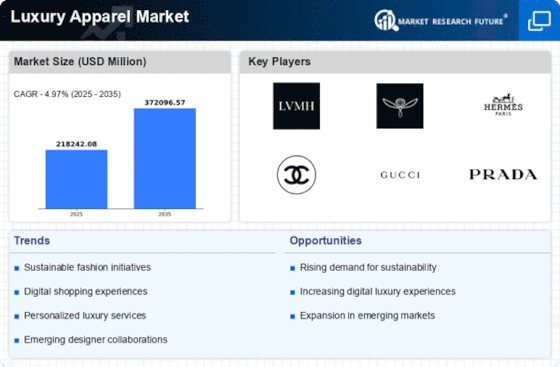
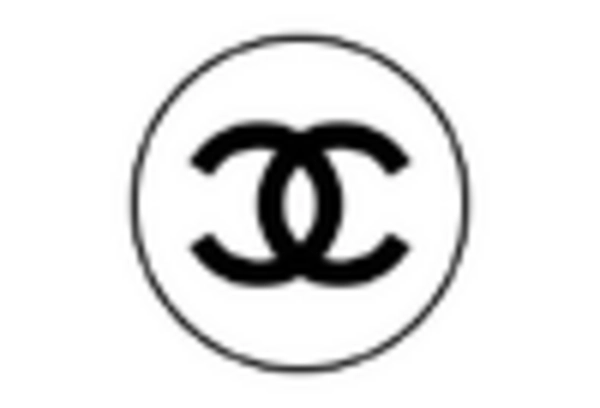
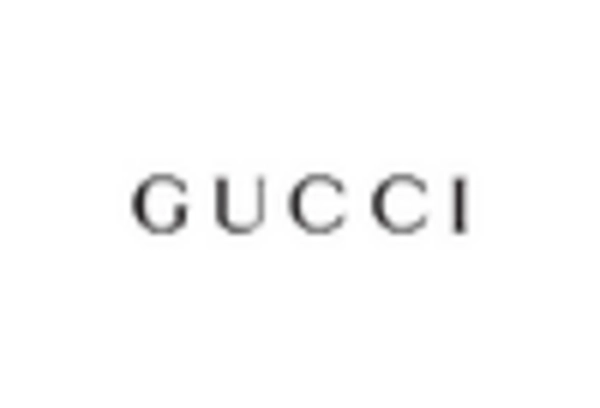
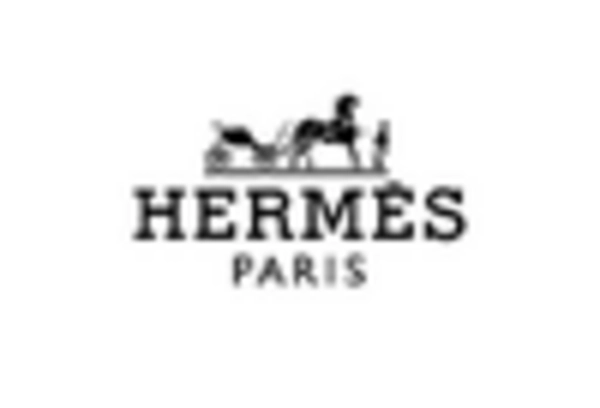
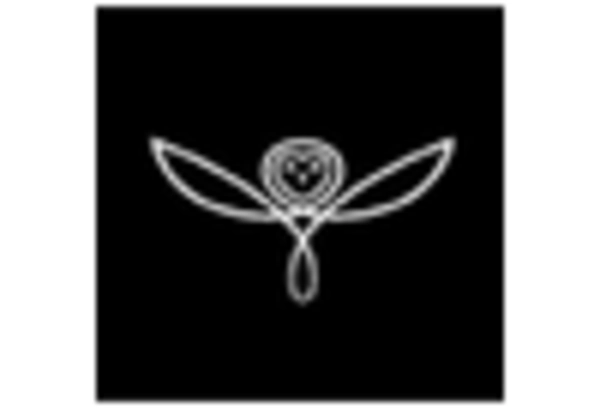
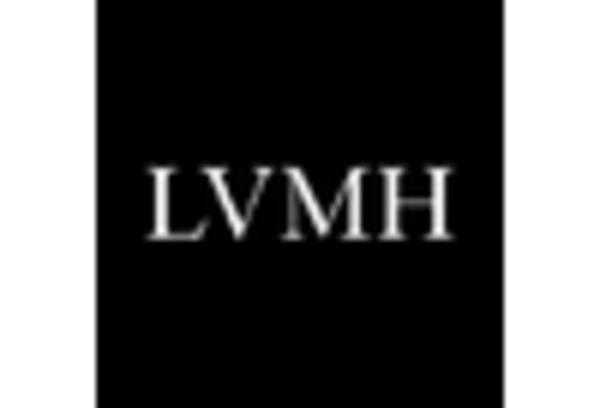
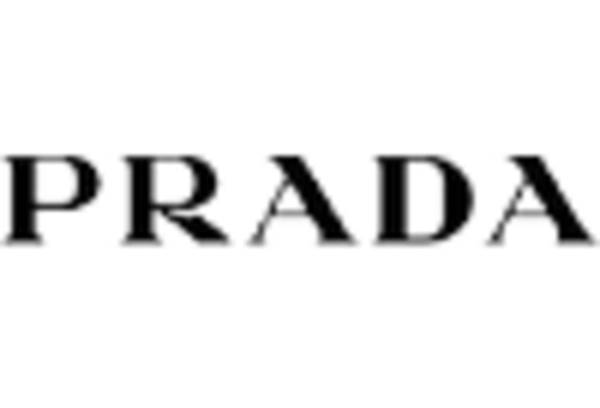









Leave a Comment